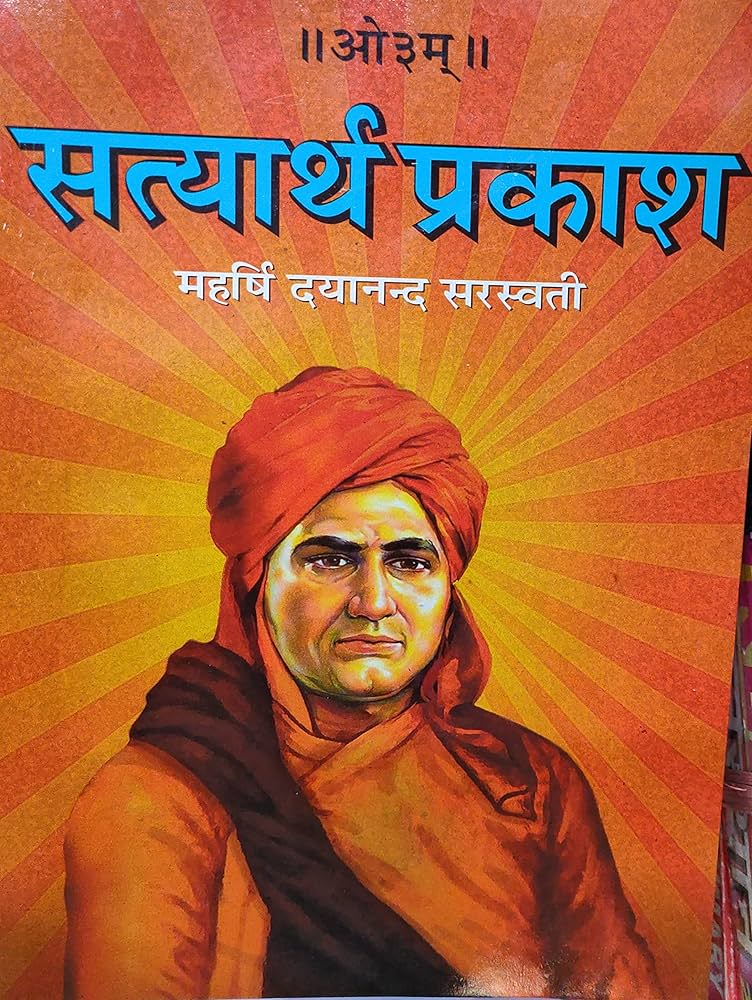Maharishi Dayanand created a detailed guide for performing sixteen key rites (sanskars) in a person’s life. This guide, called the “Sanskar Vidhi,” includes rituals from conception to funeral rites, explaining how each ceremony refines both the body and soul. He stated that these ceremonies, starting from conception (Garbadhan) to the final ritual of cremation, are essential for human development. The book outlines each rite in detail, emphasizing that they follow Vedic principles, with guidance derived from ancient Vedic mantras.

The sixteen ceremonies, known as “sanskars,” include Garbhadhana (conception), Punsavan (rite for a male child), Simantonnayana (pregnancy rite), Jatakarma (birth ceremony), Namkaran (naming), Nishkraman (first outing), Annaprashan (first feeding of solid food), Chudakarma (first haircut), Karnavedha (ear-piercing), Upanayan (initiation), Vedaarambha (beginning of study), Samavartan (end of study), Vivaha (marriage), Grihasthashram (family life), Vanaprastha (retirement), and Sannyasa (renunciation). Although funeral rites (Antyeshti) are not part of these sixteen, they are included as the final ritual in his book.
Maharishi Dayanand explained the purpose and benefits of each sanskar, with sections in the book dedicated to the significance and impact on one’s life. He emphasized that these ceremonies help individuals achieve a balanced life focused on righteousness, prosperity, desire, and liberation. Completing these rites leads to a generation that is knowledgeable and virtuous.
Today, many of these rites have fallen out of practice, with only a few like naming, first haircut, marriage, and funeral rites still commonly observed. Western influences and a reduced interest in Vedic traditions have led to this decline. Even in Arya Samaj, there is limited discussion about the importance of all sixteen sanskars.
Maharishi Dayanand, a great scholar of the Vedas and a dedicated yogi, urged followers to carry out these rituals. He believed they should be universally practiced for a fulfilling and enlightened life. His teachings encourage Arya Samaj scholars to highlight the importance of these rites and inspire people to embrace them in everyday life.
